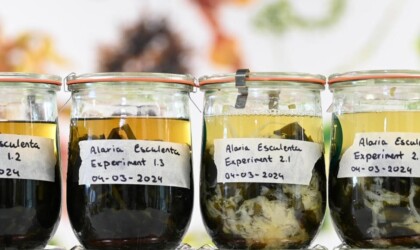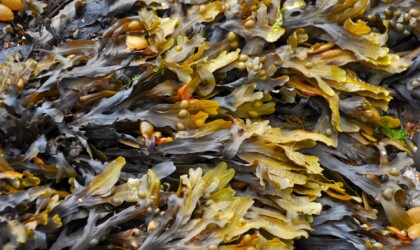The food transition is essential to make our food system more sustainable, healthier and future-proof. Climate change, pressure on natural resources and a growing global population are creating an increasing need for alternative protein sources, less waste and responsible production.
In a region such as Zeeland, with its strong agricultural and aquaculture sector, there are unique opportunities to shape this transition with locally produced, sustainable foods. A sensory panel plays an important role in this, as it provides insight into how consumers experience new products in terms of taste, smell, texture and appearance.
This is crucial for increasing the acceptance of sustainable alternatives. By linking sensory results to chemical analyses (such as flavourings or amino acid composition), a complete picture of product quality is created. This combination of sensory and analytical insights supports targeted product development and accelerates innovation within the food transition.
People are used as an analysis tool for sensory analysis. Careful selection, training and a standardised test environment are essential to obtain reliable and reproducible results. With the help of fifteen volunteers from the professional field, the HZ Food Community is mapping out what is needed to set up a Zeeland sensory panel, learning by doing. The panel members undergo a selection procedure and are trained in taste and smell. Subsequently, various types of sensory tests will be conducted, such as distinctive and descriptive tests on kombucha and seaweed products, among others.
The long-term vision is to have a high-quality sensory panel available in Zeeland that can be used by professionals and other stakeholders in research and product development. Therefore, the final phase of the project will summarise the resources and efforts required to set up and maintain a well-functioning panel. In addition, the need for a professional panel from the professional practice will be identified.




